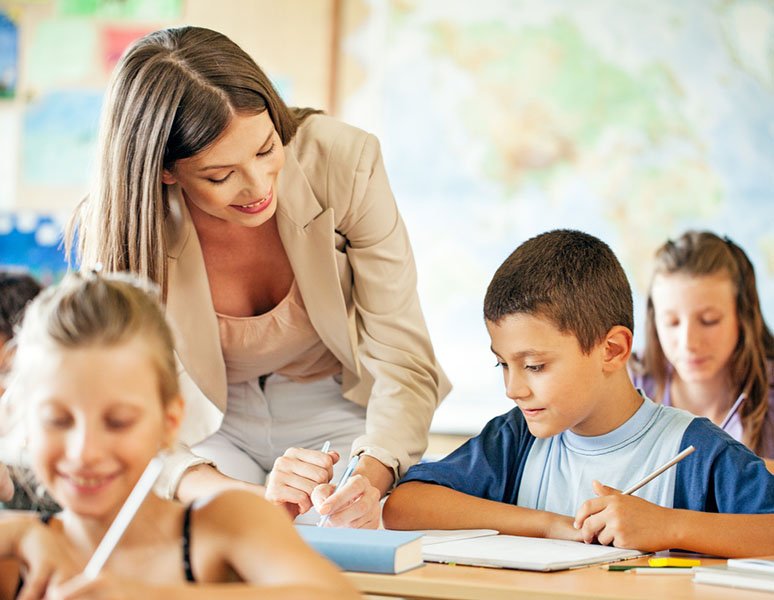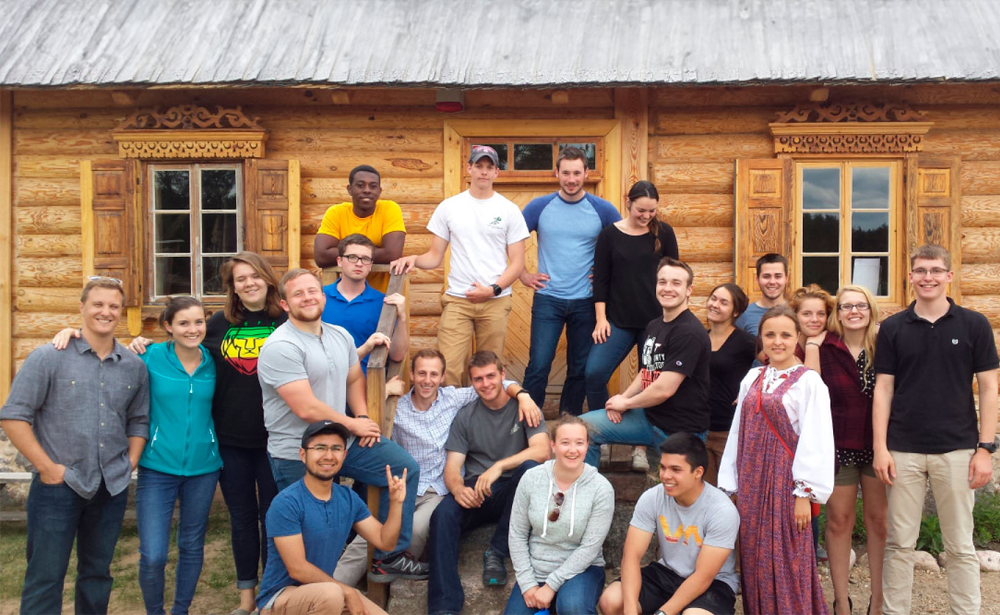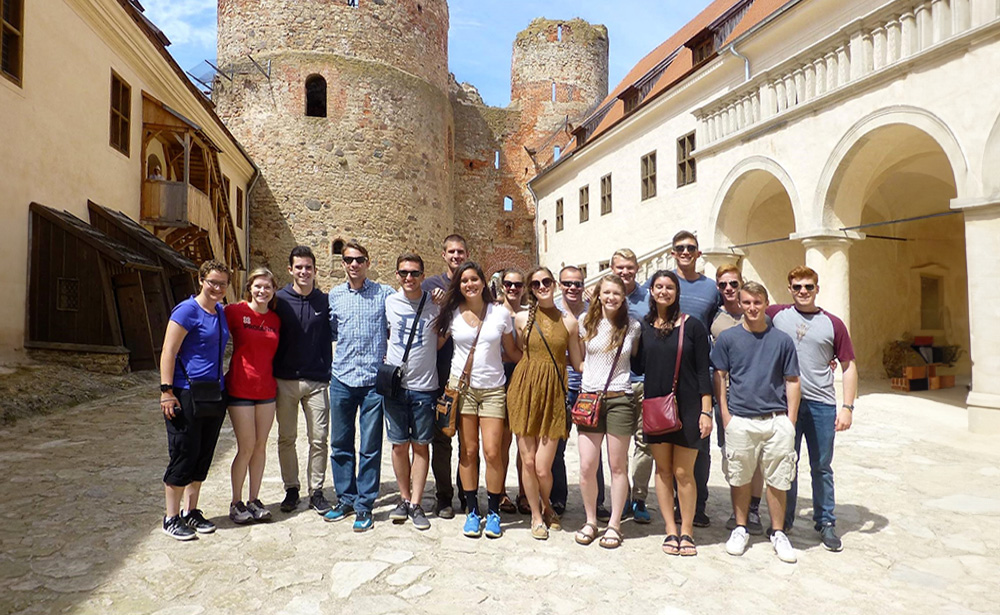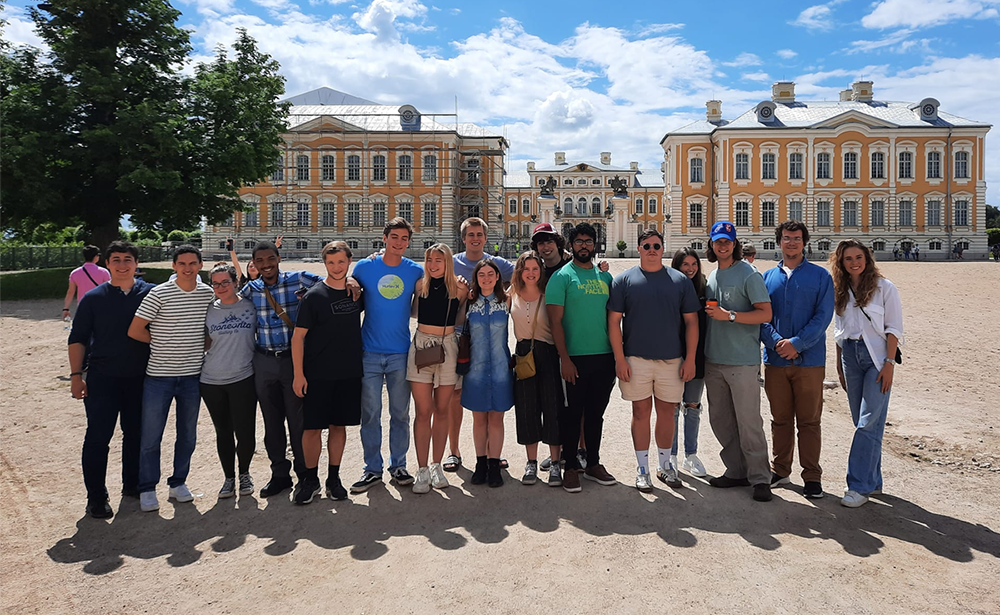System of Education in Russia
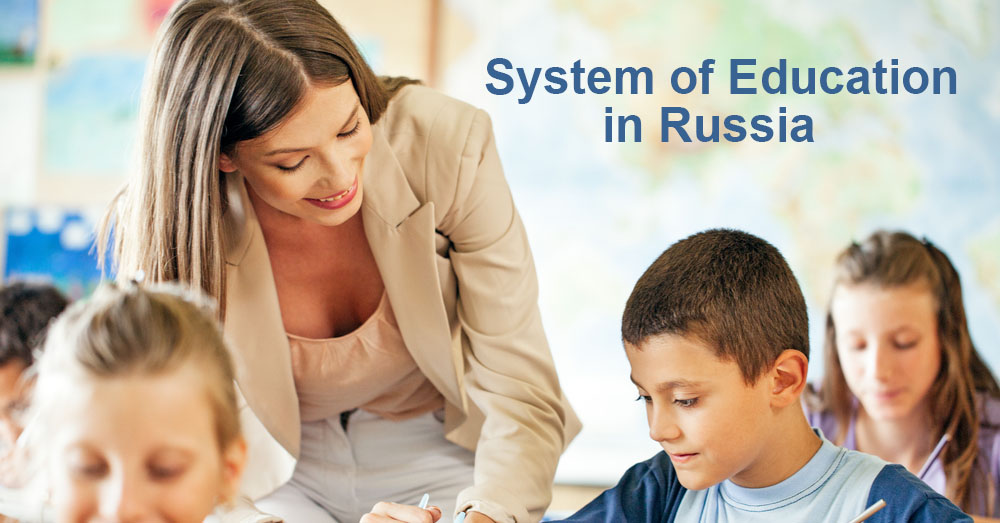
Education in Russia is a set of study programs which are compiled in accordance with the regulations on the state standard of education. However, the system of education in Russia has its special features which we are going to look closer at in this article.
Education in Russia includes several stages:
- Pre-school education
- General secondary education
- Vocational education
- Higher education
Pre-school Education
Pre-school education is a first stage in the system of education which is represented by crèches and kindergartens, less frequently by other educational institutions which look after children and provide education according to pre-school education program. Every parent is ensured with a possibility to send their child to one of these institutions.
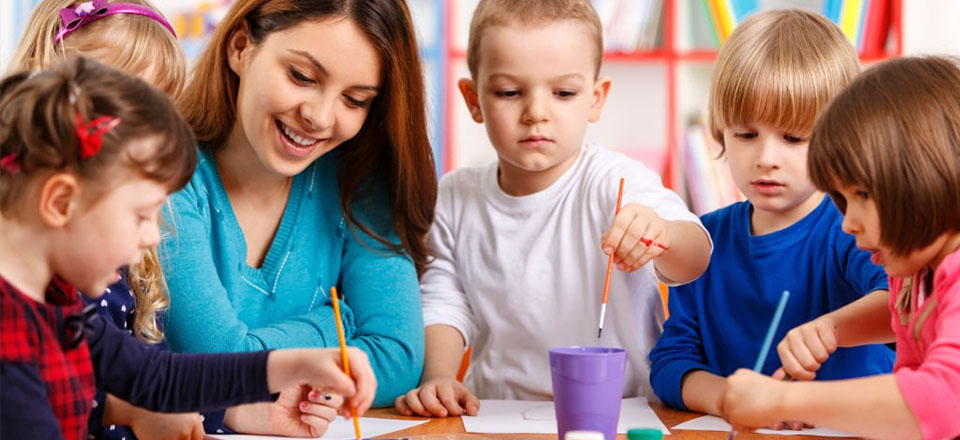
Children can start going to crèches when they are 1-year old, and they can stay there until when they are 3 years old. After that, they go to kindergartens. Children complete their education at kindergartens at the age of 6 or 7. In Russia pre-school education is not compulsory, so parents decide if their children will attend a crèche or a kindergarten or they won’t.
Recently there also appeared pre-schools where children can go at the age of 5. There children learn basic reading and writing skills.
General Secondary Education
According to the law of the Russian Federation, general secondary education includes:
- Primary general secondary education (from 6 to 10 years of age, 1-4 grades)
- Basic general secondary education (from 10 to 15 years of age, 5-9 grades)
- Complete general secondary education (from 15 to 17years of age, 10-11 grades)
When a child turns 6 years old, he/she starts obtaining primary general education. Children can go to a school, gymnasium, or lyceum. Gymnasiums and lyceums are different from schools as they provide advanced training, or they introduce additional study subjects which will be useful for the students who are planning to enter higher educational institutions.
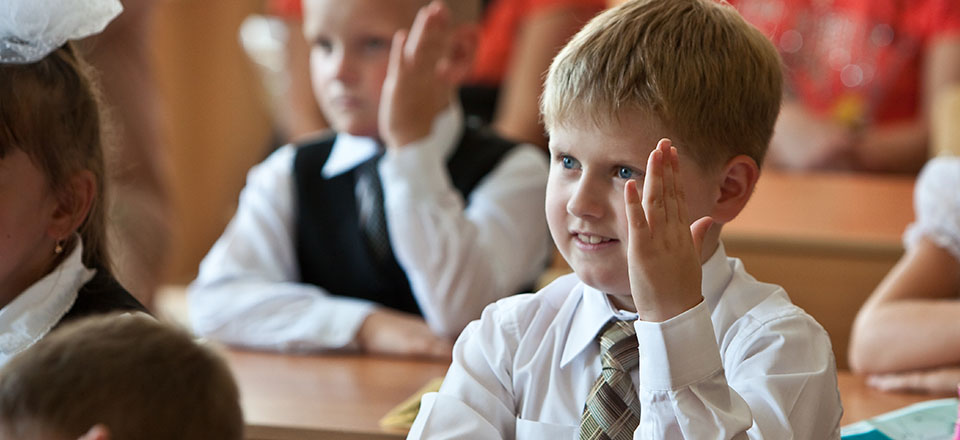
After completing primary secondary education, children at the age of 10 undergo basic general education. It lasts for 5 years. After grade 9 students receive certificate of general education which allows them to continue their education at grade 10 at school, gymnasium, or lyceum.
Complete general secondary education is the last stage of general education which lasts for 2 years. Then, at grade 11 students take examinations and receive certificates of complete general secondary education.
Vocational Education
After school children in Russia have a wide choice of educational institutions where they can obtain vocational education, whose aim is to train qualified workers.
After graduating grade 9 or 11, children can enter a technical school or college. There is one feature: if children enter a college or technical school after grade 11, their training will take shorter time, as they have already completed a program of general secondary education at grades 10 and 11.
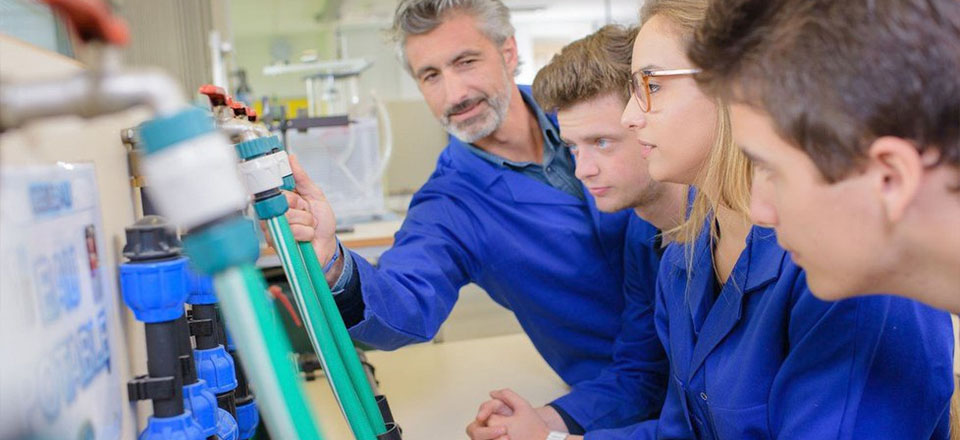
In what way a college is different from a technical school?
The level of education at college is considered to be higher than at technical school, as the system of education there is similar to higher education. Technical schools are more specific, and the level of education there is considered to be basic.
Higher Education
In Russia, there is a 3-level higher education:
- Baccalaureate (4years)
This is a complete higher education. Students who have graduated general secondary school, or those who obtained vocational education can get admitted to bachelor’s course. After completing a bachelor’s program, graduates receive a diploma with their qualification.
- Specialist (5 years)
Unlike bachelor’s program, after graduating the specialist program, a graduate obtains a specialist diploma.
- Magistr (6 years)
Master’s program is a second level of higher education. Only students who already hold bachelor’s or specialist’s degrees can do master’s program. Doing a master’s program, you can expand your knowledge and improve your qualification in the profession you have already chosen.
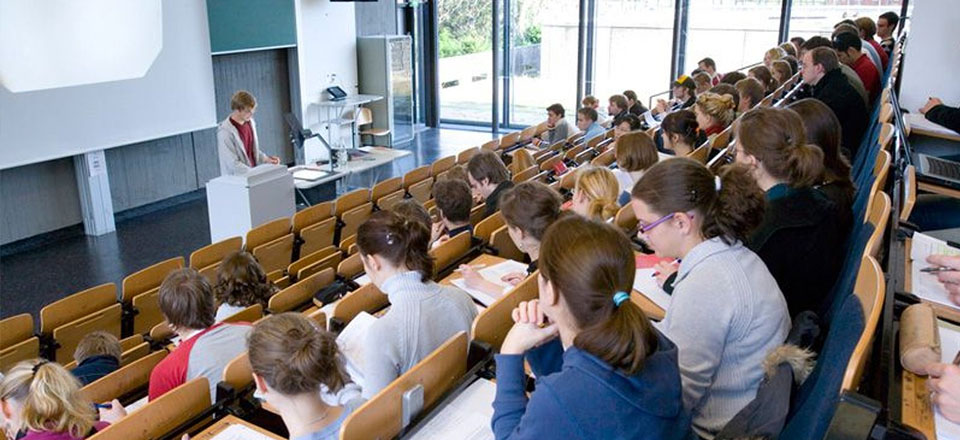
Higher education is a final stage of education in Russia. According to the law of the Russian Federation institutes, universities, and academies are recognized as institutions of higher education.
Institute trains specialists in one sphere, for example, economics, psychology, or medicine. It is its peculiar feature.
University offers a wide range of specialties. At university, you can undergo training in various areas.
Academy, in turn, differs with its narrower set of specialties for one particular industry, for example, agricultural academy, mining academy, economic academy, etc.
There is also an incomplete higher education. Students study at least for two years, although they were not able to complete the full course.
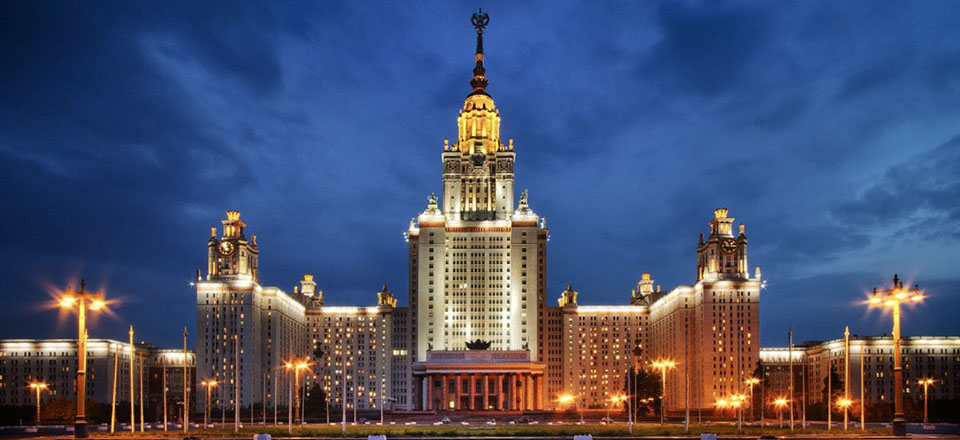
In conclusion, we would like to mention that the system of education in Russia is organized in the way so any citizen of Russia who has a desire to study is provided with this opportunity. After all, if a person has certain knowledge, they can choose a school and a sphere that are really interested in.
You may be interested
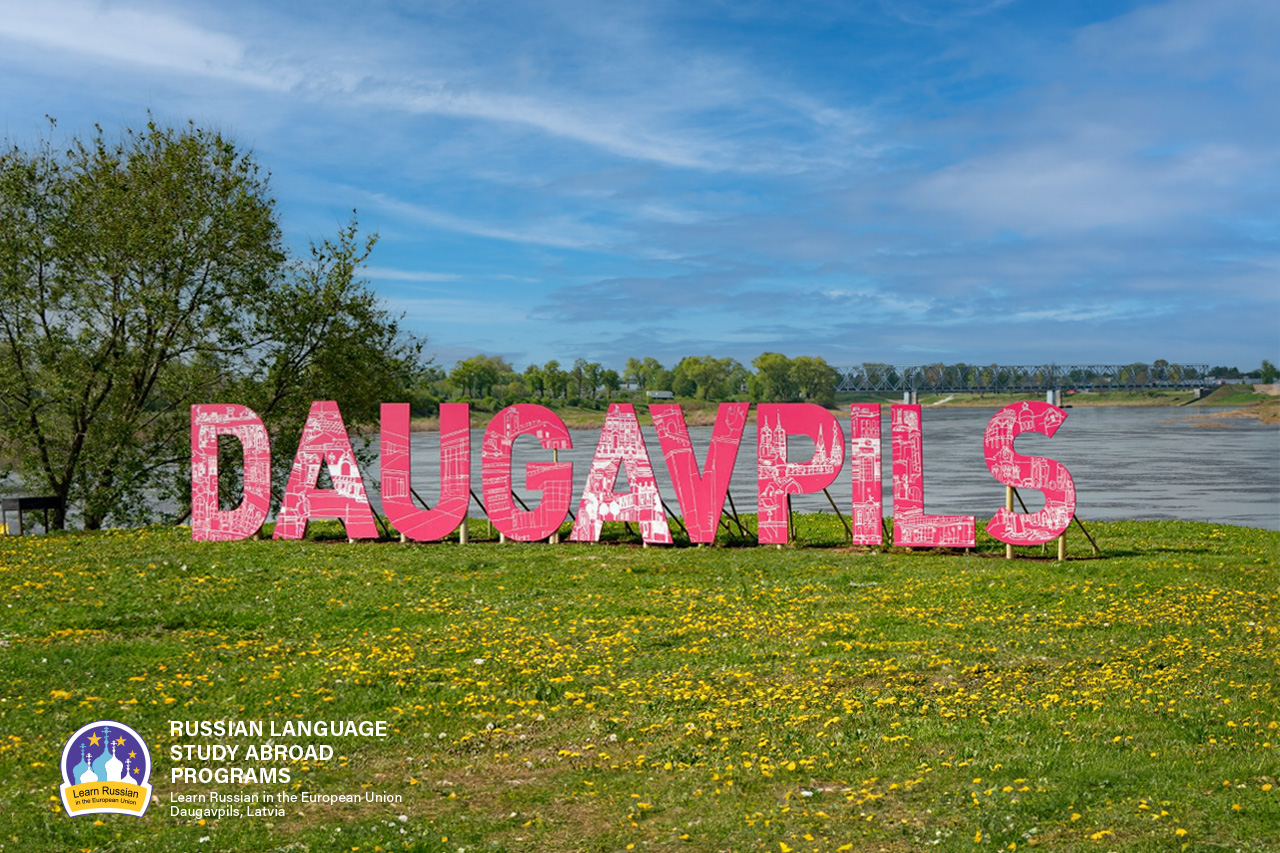
Why do people speak Russian in Daugavpils?
As it seems to us, Daugavpils is the best place to learn Russian now, because our city is situated in the EU and NATO, but at the same time 90% of the city’s population speak Russian at home.
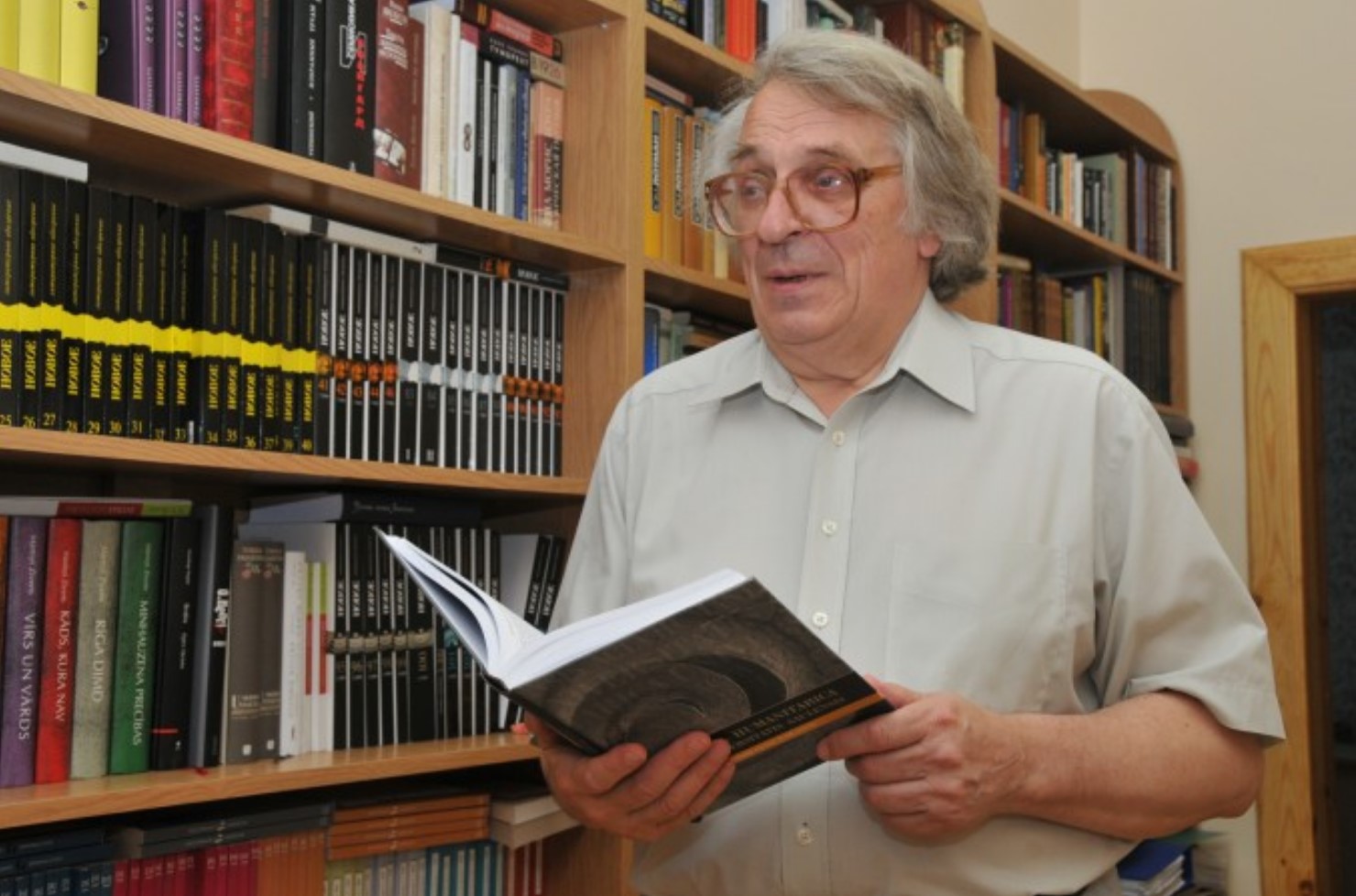
ЭТЮД О ДВИНСКЕ
Etude on Dvinsk by F.Fedorov
The Baltic region is one of the most catastrophe prone regions of the 2nd millennium, especially its second part; it is the centre of attraction of ‘geopolitical’ interests of the European world. Probably the most tragic fate has befallen to the eastern part of the present Latvia and its multi-titled town of Dinaburg – Dvinsk – Daugavpils. During its 730 years long history, the town went through five rather autonomous periods of development, five different lives (German, Polish, Russian, Latvian, Soviet), and at the beginning of the 1990s it entered into the 6th period.
The history of Dinaburg – Dvinsk – Daugavpils is the history of five attempts by the town to begin its life anew; and this is determined not only by the fact that the town was four times burned down and had to start life from scratch, but first and foremost because each of these periods was characterized by a total change of ethnos and the socio-cultural field.
The present article deals with the cultural space of the town in one of the most efficient periods of its development – from the 1860s till World War I.


